|
MAIN CLAUSE: (INDEPENDENT CLAUSE) Main Clause/Independent Clause is a clause that can stand by itself as a simple sentence. It contains a subject and a predicate and makes sense by itself. It reveals a complete thought and can stand alone as a sentence. It may form a part of Compound or Complex Sentence. You’re my faithful friend. All of us enjoyed the tour much. I enjoy watching news on television. He is the cleverest boy in the class. George often thought about his grandparents. SUBORDINATE CLAUSE: (DEPENDENT CLAUSE) Subordinate Clause/Dependent Clause is a clause that that cannot stand alone as a complete sentence. It does not exhibit a complete thought. It depends on a Main Clause for its meaning. It can act as an adjective, adverb, or noun. …..They will go to garden, if it is sunny. When we go to the market, we must buy cat-food. If the dog barks, you should feed it. …..I am unable to walk because I’m ill. Once my exam finishes, we’ll go to beach. CONDITIONAL CLAUSE: (IF-CLAUSE) Conditional Clause/If-clause is a clause that begins with ‘if’ or ‘unless’. It may come before or after the main clause. It focuses the action in the main clause, if the condition is fulfilled. It describes something possible or probable. ….If it rains heavily, we will cancel the trip. You’ll be fail, if you do not study hard. You’ll be seriously ill unless you stop smoking. Unless you run fast, you will not win the race. Emily won’t tell her plan unless you help her. RELATIVE CLAUSE: Relative Clause is a clause which is connected to a main clause by using the words such as that, which, when, whom, whose, who or where. It helps to get more information about something. It is used to define or identify the noun that precedes them. That’s the person who won the lottery. He is the man whom I met in New York. I’d like to know why you are so sad. This is the college where we studied for two years. Can you tell the story that your Mom told yesterday? |
also see


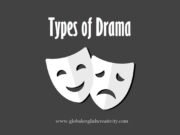
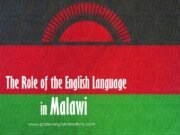




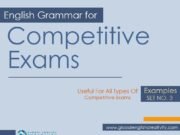

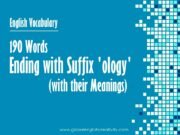

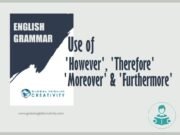
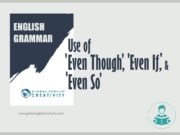
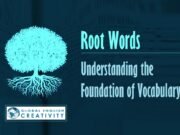

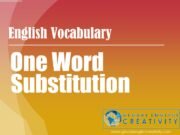

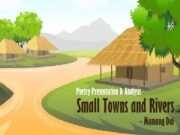



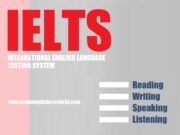


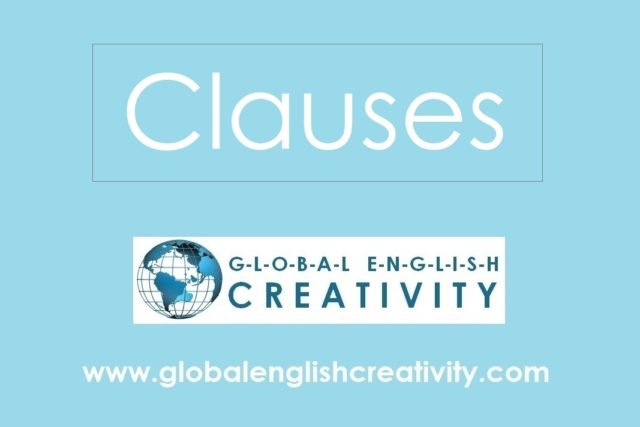
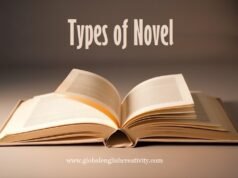
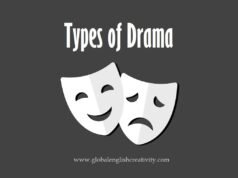
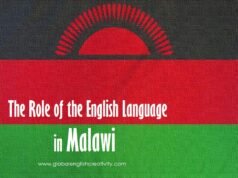
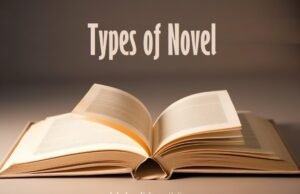










Nice app
Very nice app
Thanks 🙏
Very nice